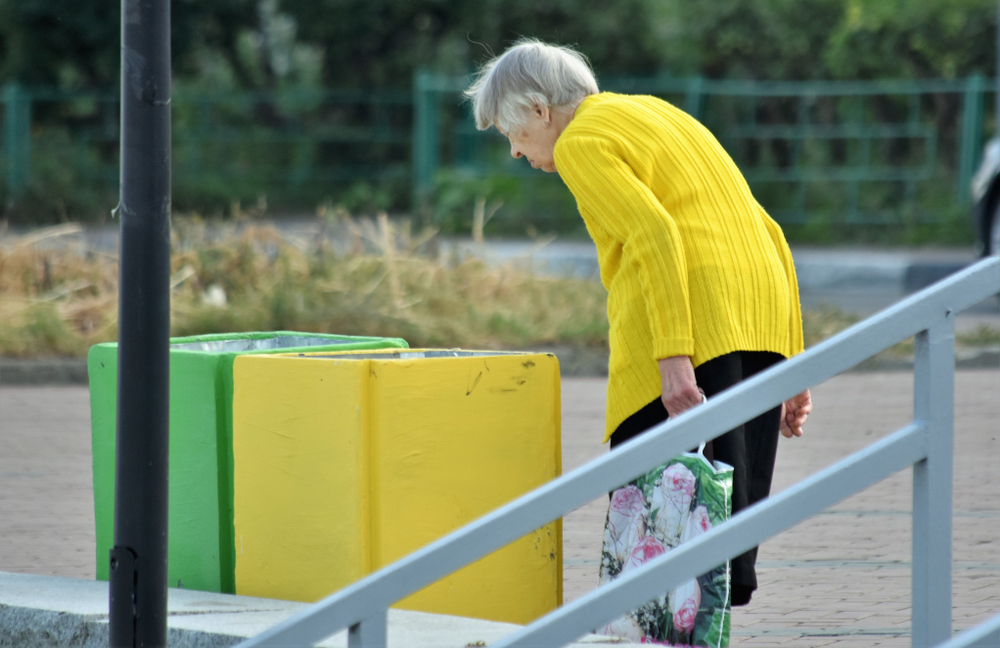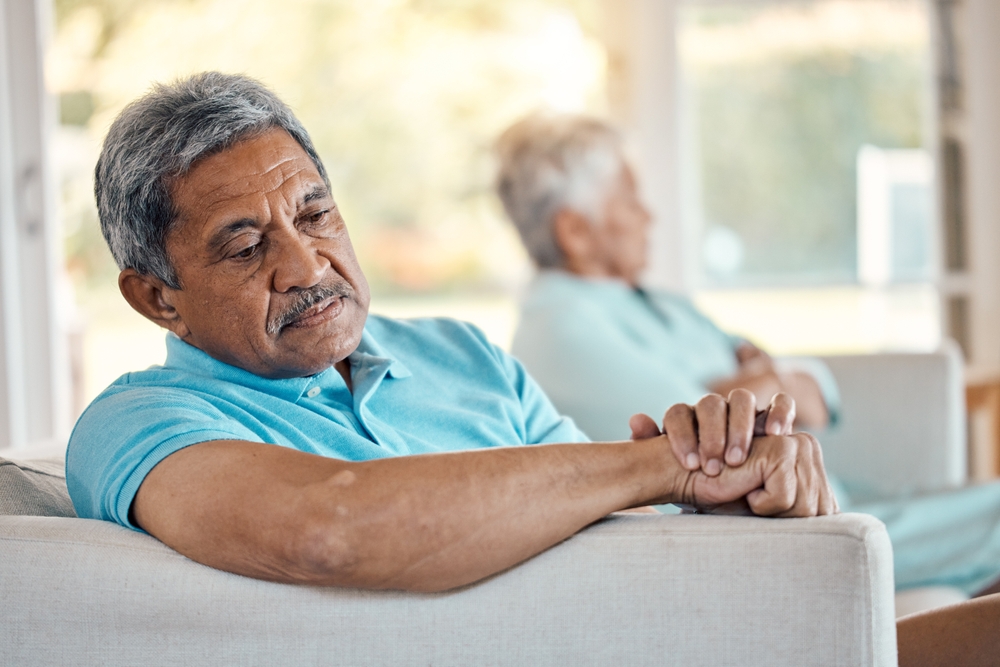Senior Men’s Health Issues
Category:

It’s fairly common knowledge that seniors are at greater risk for a variety of health conditions, but it’s not as commonly known that the symptoms of those conditions can be distinct among elderly men. They can also be more difficult to identify due to age, but learning a bit more about some of the most common senior men’s health issues can make those kinds of problems much easier to identify and manage.
Urinary Tract Infections (UTIs)
UTI in elderly men is actually very common because seniors are at greater risk of developing some kinds of infections. An age-weakened immune system and a weakening of the muscles responsible for squeezing the pelvic floor and bladder can both contribute to heightened risk. And urine retention can lead to a variety of problems, including an infection.
A UTI that begins in the bladder may travel to the kidneys. And kidney infection in an elderly man might require hospitalization, which is why it’s worth knowing more about the symptoms of UTIs. Additionally, it’s worth knowing seniors can have a different immune response to a UTI infection. Those symptoms might include agitation, confusion, hallucinations, dizziness, falling, and loss of coordination.
Anemia in an Elderly Man
Anemia in an elderly man can be just as dangerous as with women. In fact, it’s linked to physical declines, weakness, irritability, and can contribute to a loss of independence. And for elderly men, the most common causes of anemia are iron deficiency and chronic disease. There are many ways to develop anemia, but a mixture of prescription medications and dietary changes are usually the treatment.
Download a Free Guide to Home Care
Blood Pressure for an Elderly Man
For adults under the age of 75, the American Heart Association recommends blood pressure should remain under 140/90. However, research shows that lowering systolic pressure under 120 can greatly reduce the risk of heart attack, stroke, and heart failure. As one of the most important risk factors for a variety of serious conditions, maintaining blood pressure can be particularly critical for men.
Due to the urgent need to seek treatment as soon as possible, it’s also worth learning a few of the signs of a stroke in an elderly man. A stroke involves an interruption of blood flow to the brain, so symptoms can be far-reaching, but commonly include dizziness, loss of balance, severe headache, fatigue, difficulty breathing, upset stomach, impaired vision, generalized weakness, or paralysis in the extremities.
Dizziness & Depression
Dizziness can be caused by the side effect of a medication or the consequence of a rare disease. But more often than not, it’s just a consequence of natural aging. Just about every factor associated with our postural stability gets worse with age, including a degree of dysfunction in our sense of balance. That’s why dizzy spells in elderly men are not uncommon. With that said, dizziness and imbalance create a greater risk of suffering a fall, so it’s important to urge loved ones to sit down immediately when they feel dizzy.
Unfortunately, depression in the elderly is almost just as common. And depression can affect the elderly differently, often lasting longer, and often alongside another illness. But signs of depression in elderly men include a lasting sense of despair, loss of appetite, intended weight loss, lack of motivation, loss of interest in socializing, difficulty sleeping, memory problems, ignoring personal care, and loss of interest in hobbies.
Seniors with depression are at greater risk of cardiac diseases, increased risk of death from illness, and risk of suicide. If a loved one is showing signs of depression, you may want to learn more about addressing social isolation or how you can help keep depression at bay.
Hernia & Swelling
Hernia in an elderly man can be quite serious, and age only increases the risk. It typically presents as a budge in the groin or scrotum, and the only treatment is surgical. It often includes discomfort that gets worse when you lift or bend and discomfort during urination. It can also be life-threatening if you can’t push the contents back into the abdominal wall and requires immediate treatment if you notice the bulge change color, fever, sudden pain, inability to pass gas.
Last but not least, there’s edema, more commonly known as swelling of the ankles and feet. Edema is far more common among seniors, and swollen feet and ankles in an elderly man can be the result of a wide variety of comorbid conditions, from arthritis to heart failure. Although edema is something you should mention to your care provider, and it can increase the risk of suffering a fall, treatment is usually as simple as a few lifestyle changes.
Subscribe
Date: 2020-09-15
Category:


